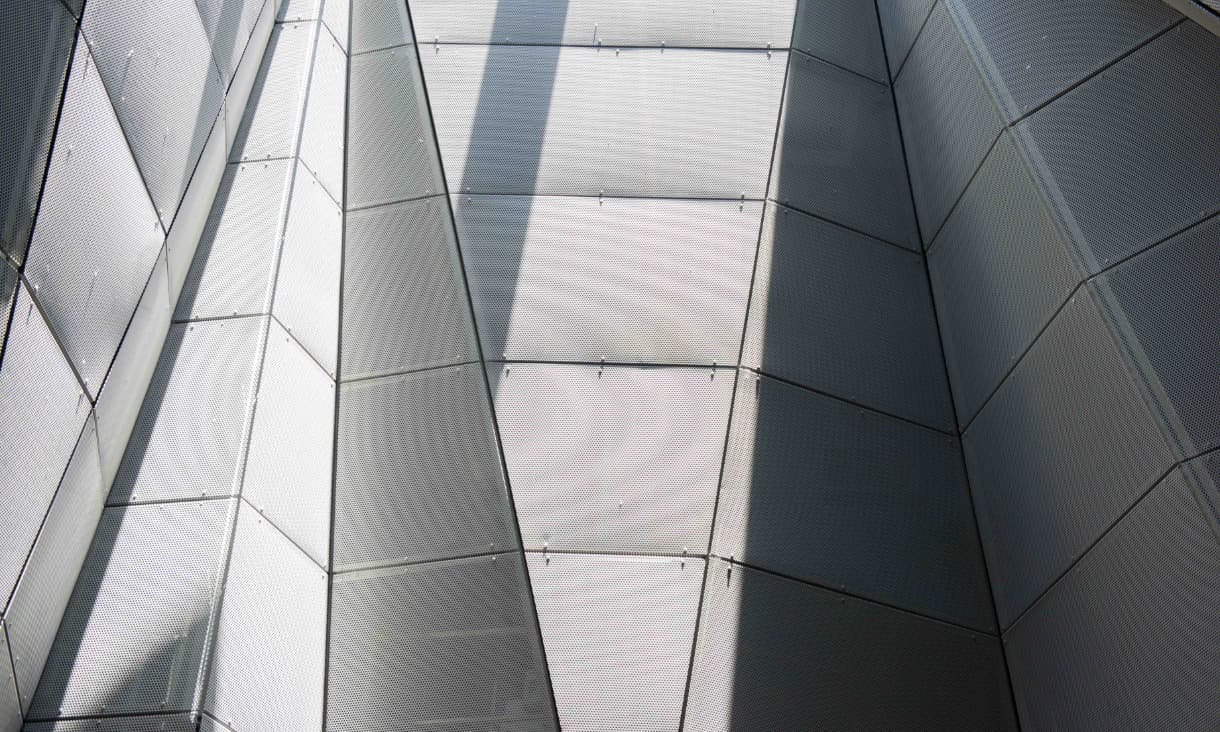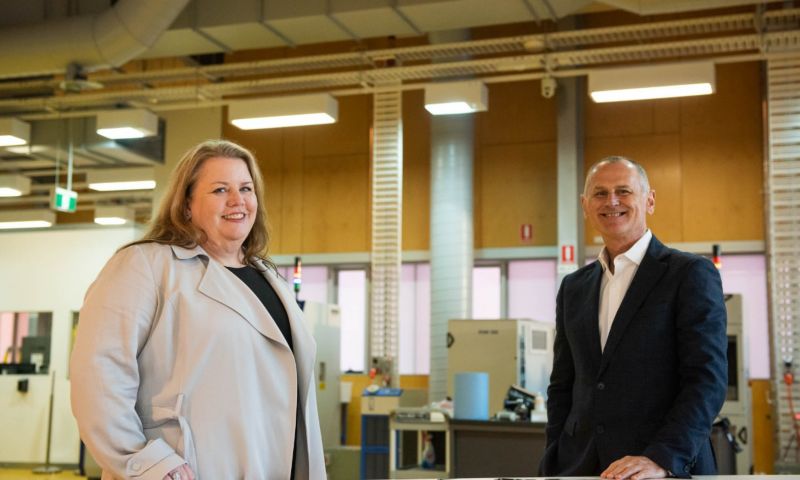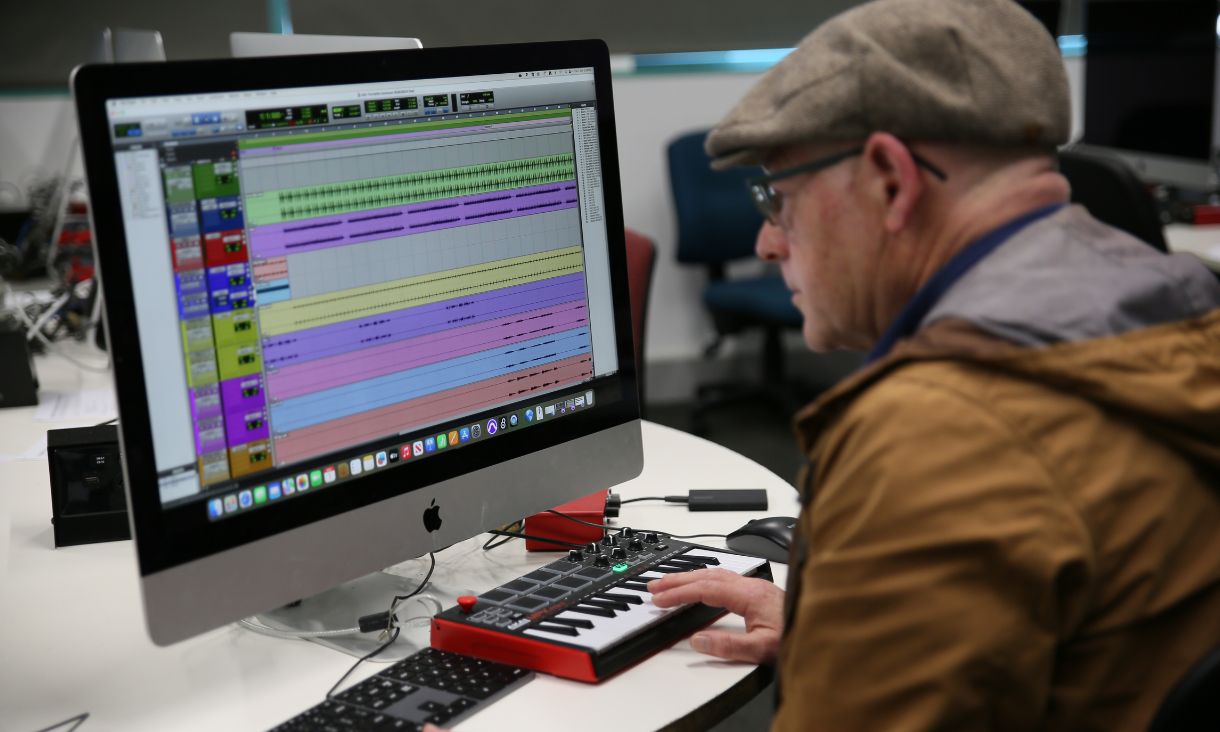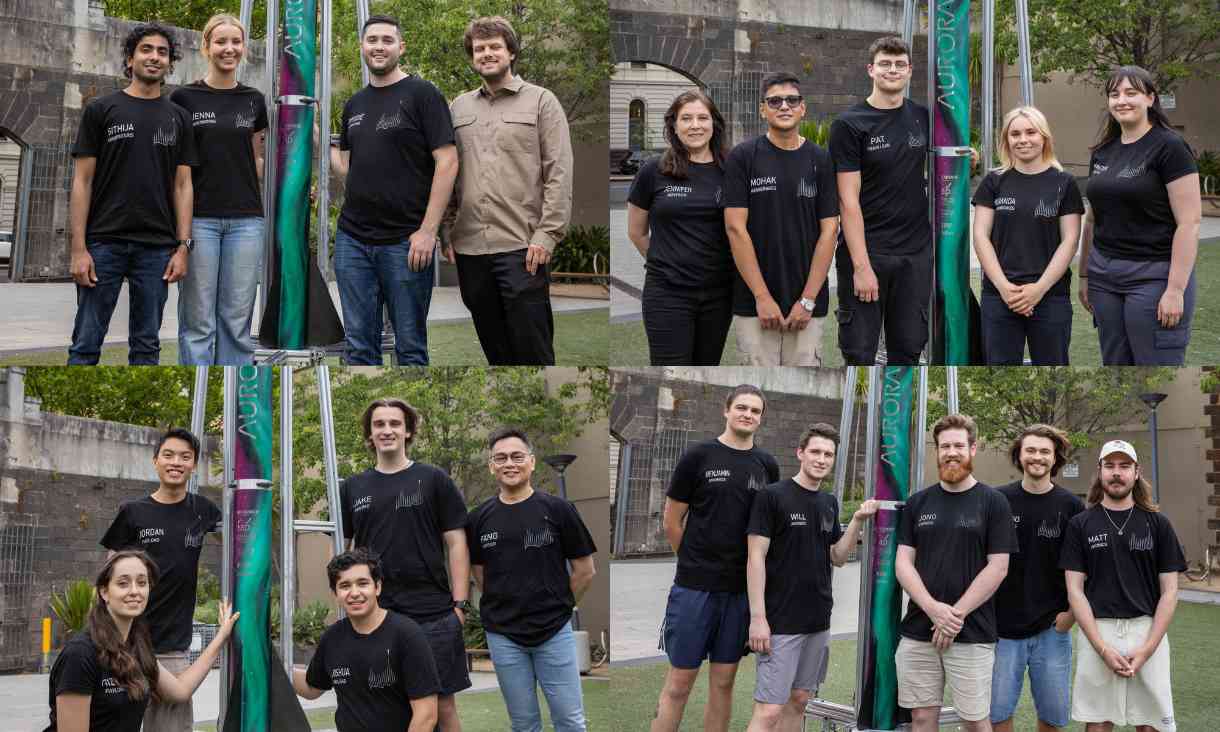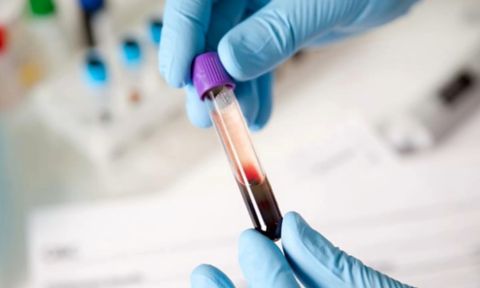“You’re never too old to learn” – 68yo music graduate embraces second act
At 68 years old, John Readshaw has pursued his lifelong passion for music as a recent graduate from RMIT’s Diploma of Music (Sound Production).
RMIT team wins Technical Excellence award at national competition
RMIT's student-led rocket team have continued their legacy of success at the Australian Universities Rocket Competition (AURC), placing second overall and winning the Technical Excellence Award for their design.
G Flip leads the celebrations as RMIT congratulates class of 2024
An electric performance by singer-songwriter G Flip and an honorary degree awarded to the Honourable Margaret Gardner AC were just two highlights from RMIT’s graduation ceremony at Marvel Stadium.
Blood test could make cancer treatments safer and more effective
Scientists from RMIT University and the Doherty Institute have developed a new blood test that could screen cancer patients to help make their treatment safer and more effective.
